
SYNAPSE has been recognized by the Scarborough Campus Students’ Union (SCSU) for delivering high-quality events for the student community, and we are honoured to have received SCSU’s Most Creative Events Award in 2021.
Listen to Synap-Talks!
Neuroscience! What is it even for? Come find out on our podcast, Synap-Talks, by SYNAPSE! Based at the University of Toronto Scarborough, we chat with people about their work, careers, and insights within the incredible discipline of neuroscience. Why does an artist need to know about the brain? How do marketers use neuroscience to sell products? And what do these people have to say about school, work, and life? Ready your auditory nerve—this conversation is about to get brainy! Now available on Spotify and YouTube.
Where Neuroscience Meets Community
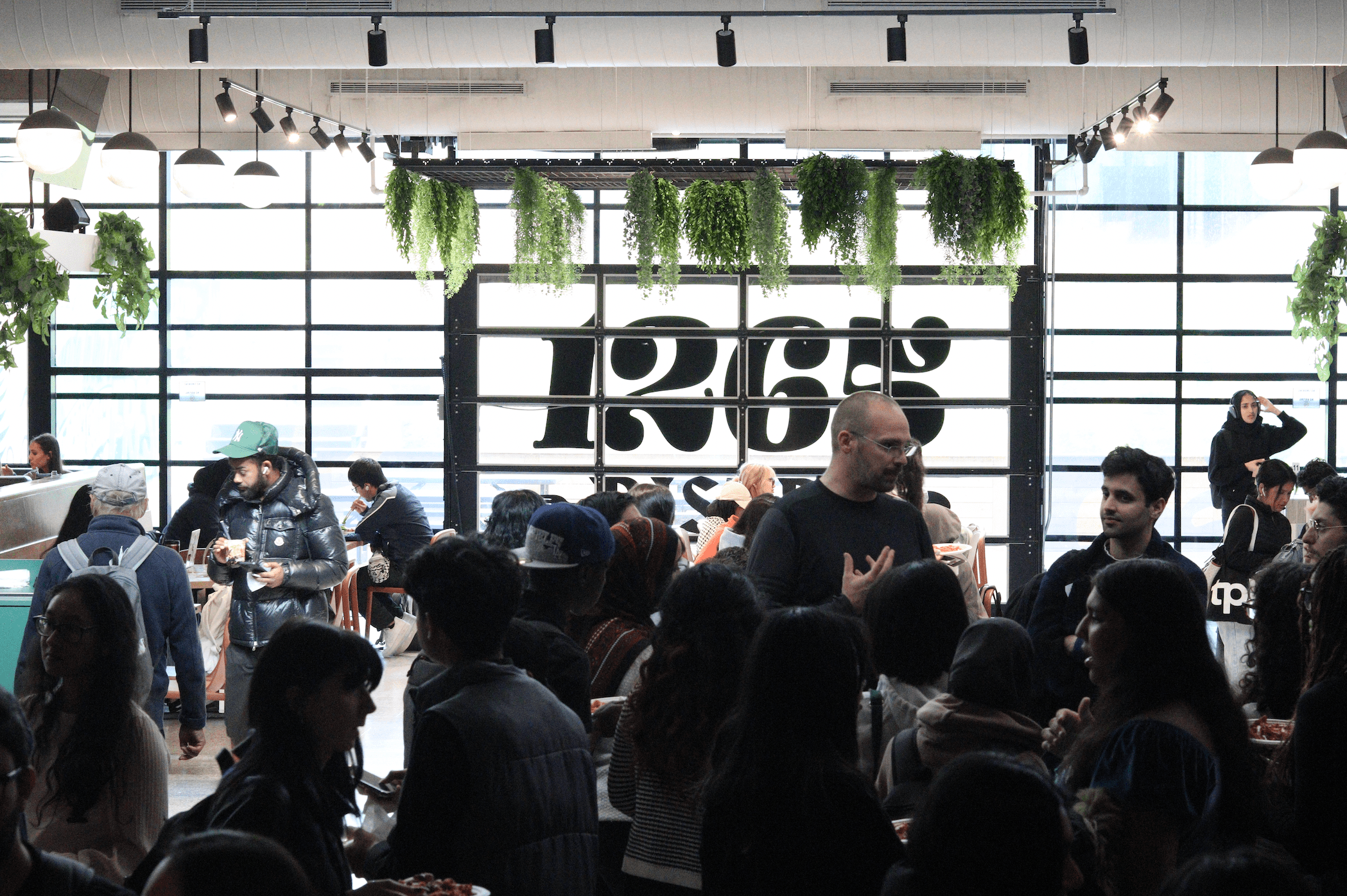


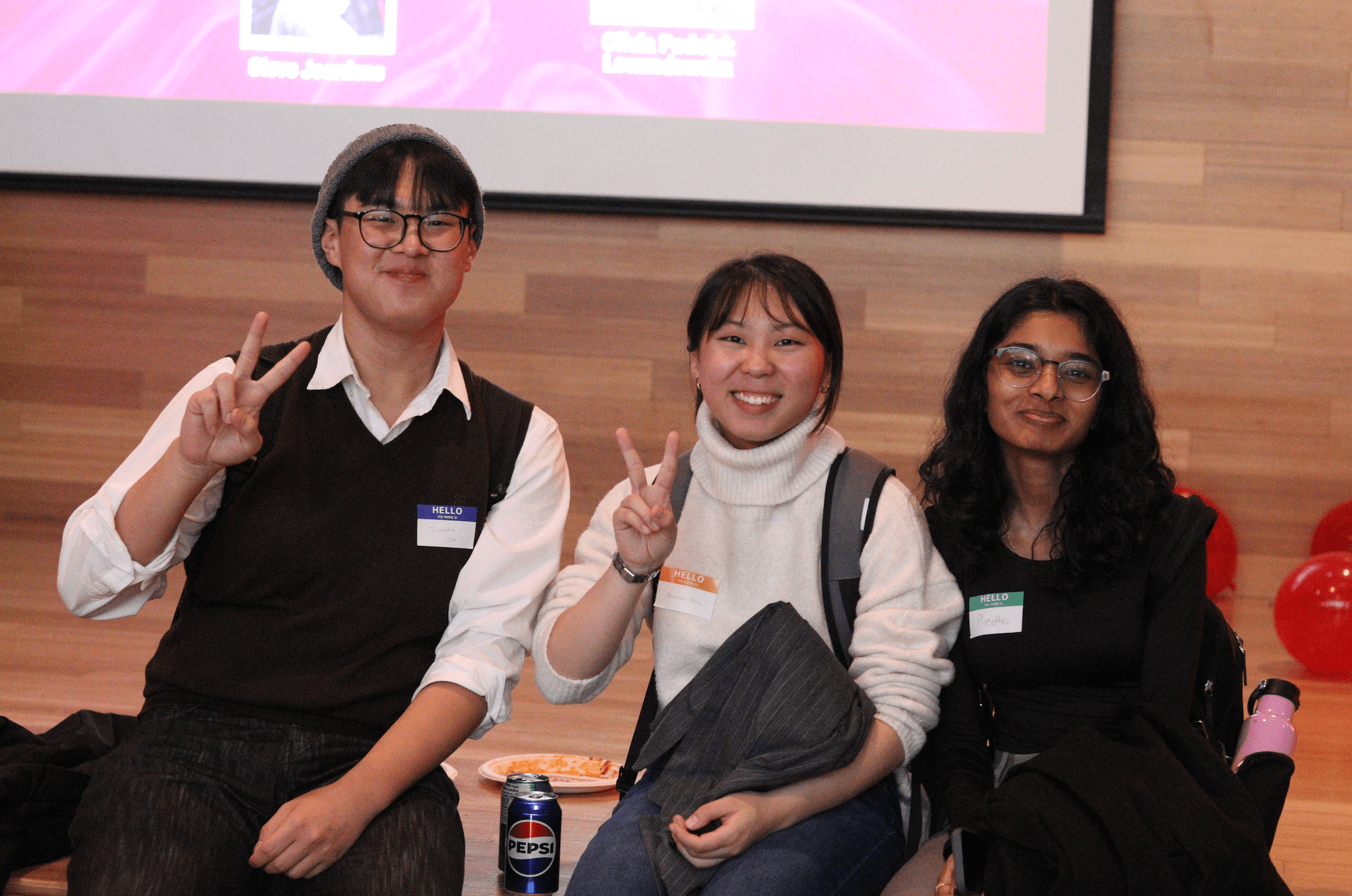
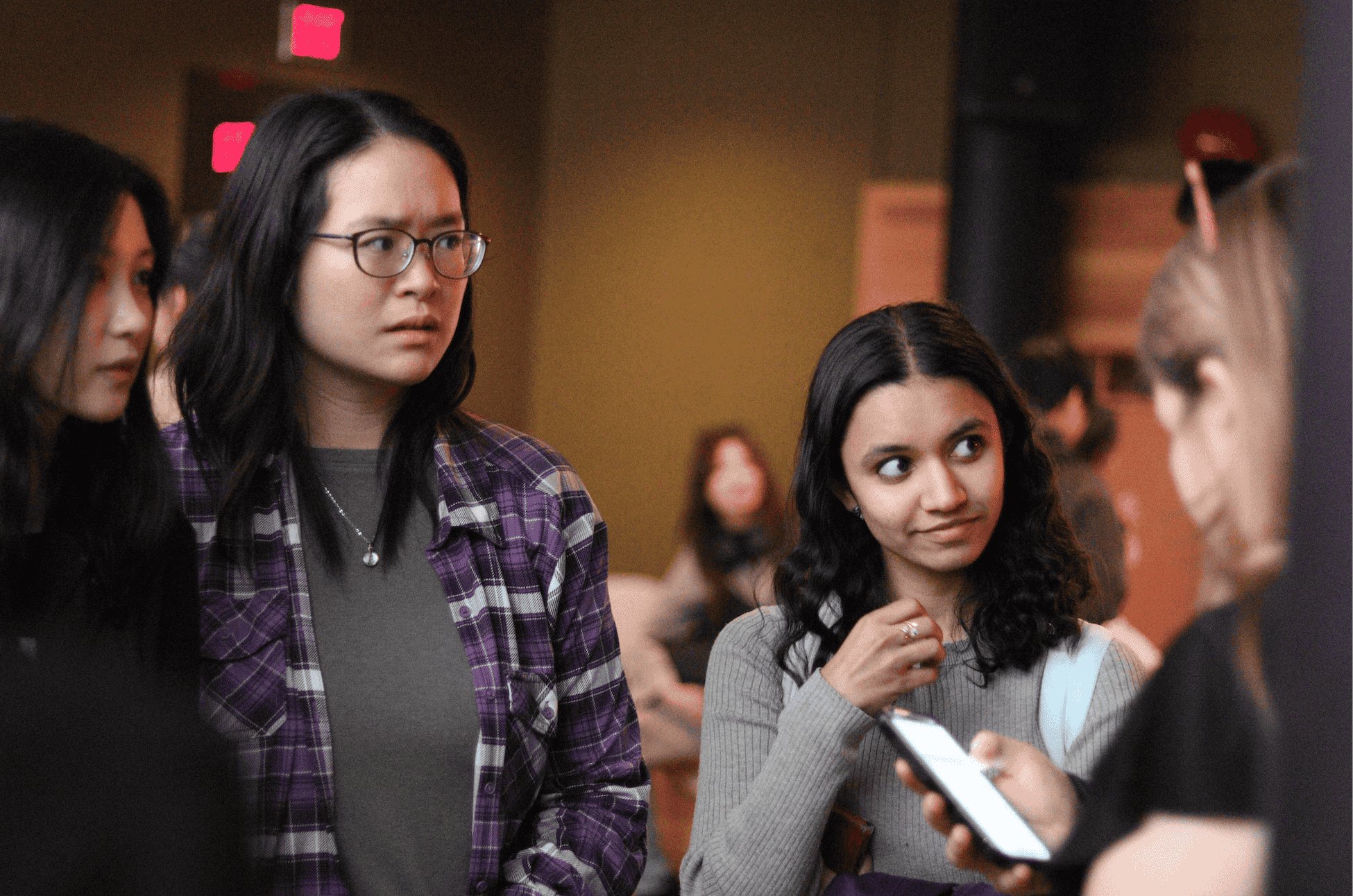
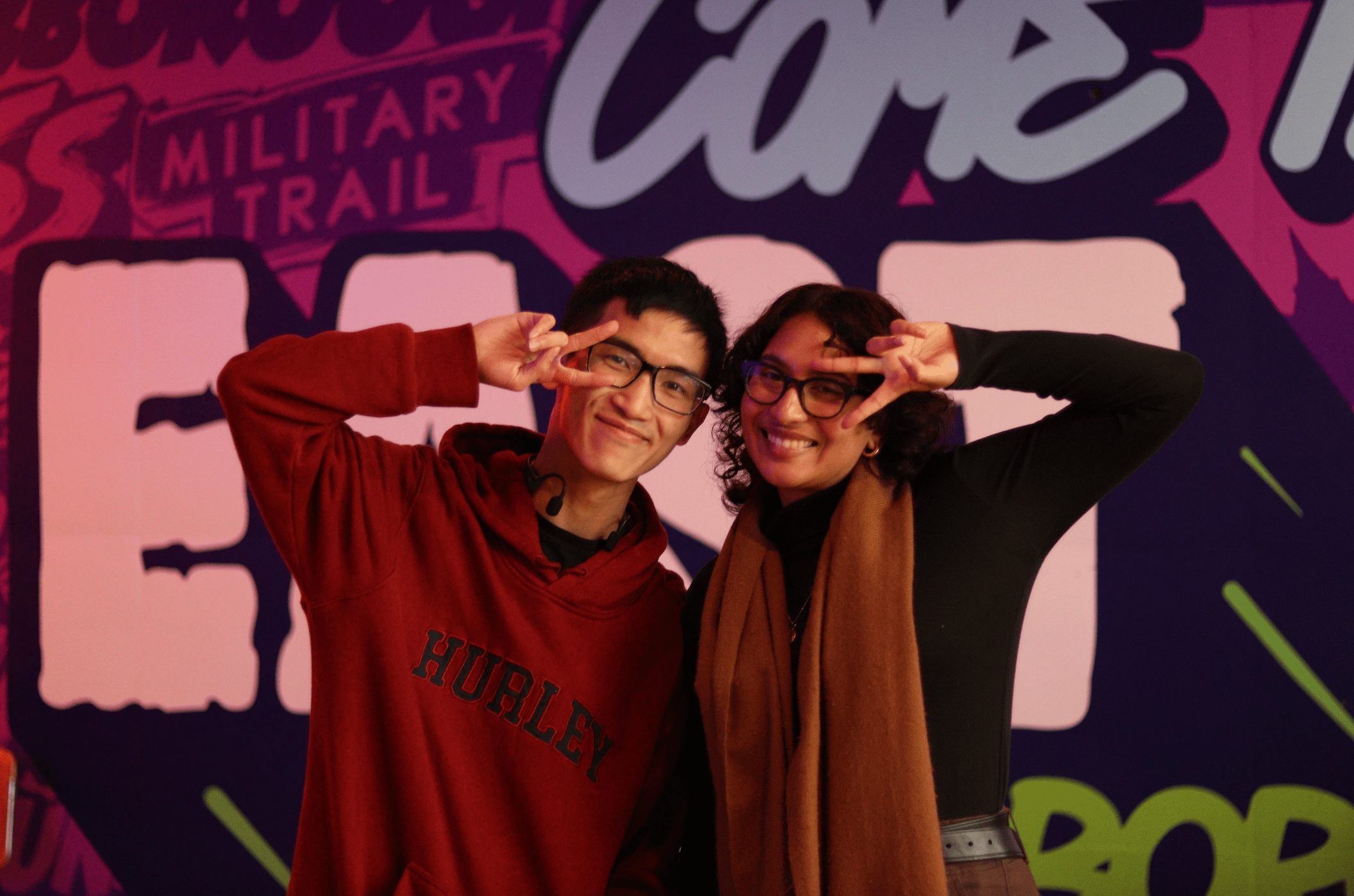
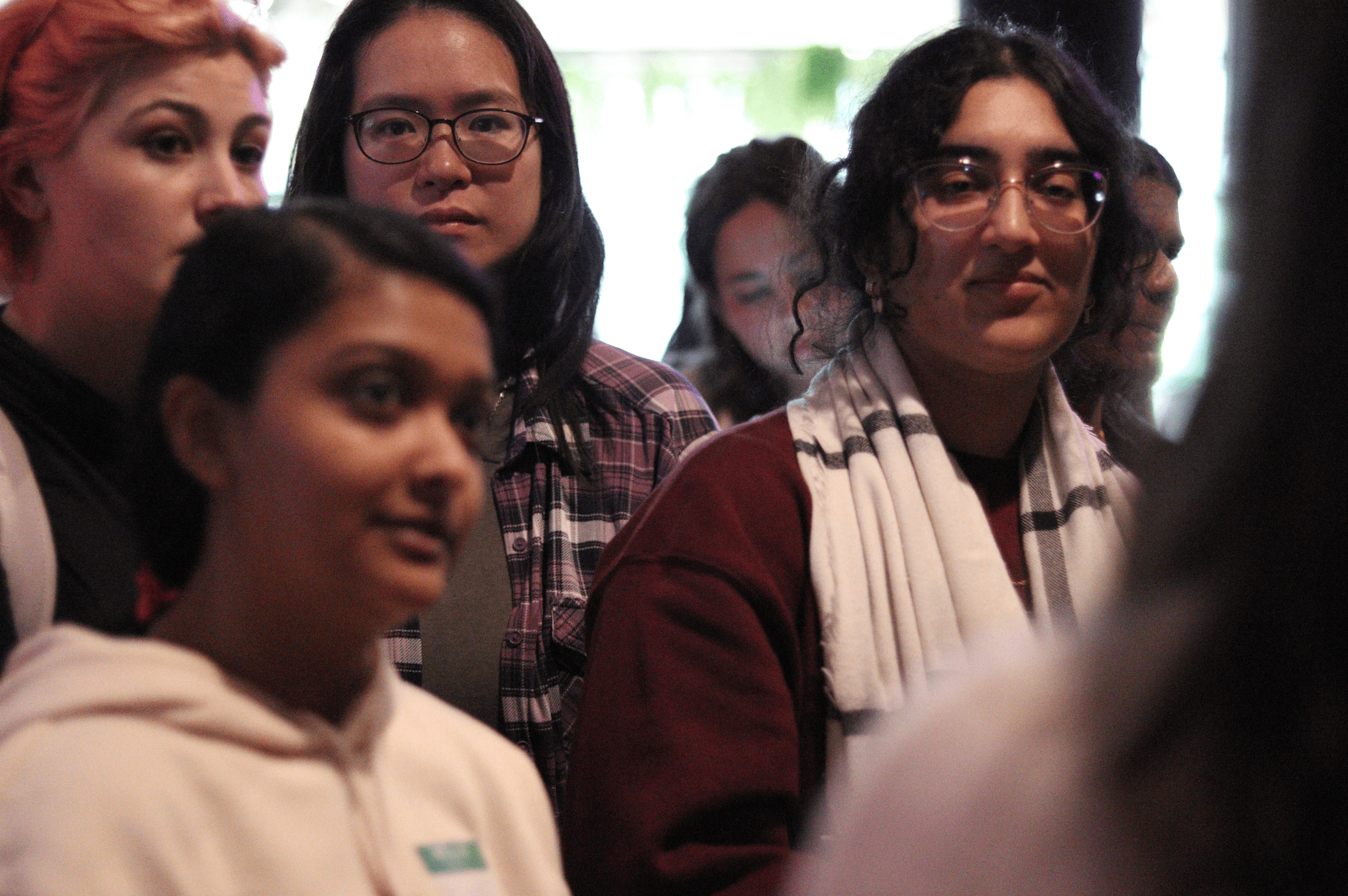
SUBSCRIBE TO OUR NEWSLETTER
If you're keen on staying in the loop about all things neuroscience, research, and SYNAPSE events, look no further! Subscribe to our mailing list for a monthly scoop on volunteer opportunities, insightful tidbits, and the latest happenings in the world of neuroscience. Your inbox is about to get a whole lot more interesting—don't miss out!
JOIN OUR DISCORD SERVER
Looking to connect with fellow UTSC neuro students, seek advice, and expand your network? What are you waiting for? Join our Discord server! Whether you're dissecting brains or dissecting textbooks, we've got the perfect camaraderie you crave.
SEND US YOUR FEEDBACK
We value your input! Take a moment to share your thoughts through our anonymous feedback form. What topics pique your interest? Any specific initiatives you'd love to see on the horizon? Your insights matter, so please let us know how we can make your experience even better. We're all ears—figuratively, of course!
Equity Statement
SYNAPSE believes that every student is entitled to respect and understanding. As a student-run organization operating under the principles of equity, social justice, and anti-oppression, we have a responsibility to our fellow students to create a welcoming and inclusive space for open conversation.
We commit to directly addressing issues of discrimination, intimidation, hostility, and harassment to dismantle the oppression in our community. SYNAPSE mandates a space that is free of all types of violence and harassment, including but not limited to sexual assault, non-consensual behaviour or attitudes, Islamophobia, anti-Semitism, xenophobia, racism, sexism, gender discrimination, homophobia, queerphobia, ableism, intolerance of religious affiliation, or any other behaviour or language that may perpetuate oppression or discrimination. Any violation of the above statement will not be tolerated.
The University of Toronto operates on the traditional territory of the Huron-Wendat, Tionontati, Seneca, and the Mississaugas of the Credit First Nation. The Dish binds thoughts land With One Spoon treaty, an agreement forged in 1701 between the Haudenosaunee Confederacy and Anishinaabeg Nation to promote peace, shared responsibility, and respect for diversity.
As settlers, we benefit from the violent dispossession, genocide, and colonization of Indigenous peoples. Indigenous communities—both urban and rural—continue to face systemic inequities stemming from failures to honour responsibilities outlined in the treaty. These injustices include residential school abuses, underfunded infrastructure on reserves, medical racism, cultural erasure, and intergenerational trauma. Addressing these injustices requires concrete actions: decolonizing education, media, government systems, and societal beliefs while fostering Indigenous reconnection to land-based teachings.
Indigenous cultures and traditions remain vibrant across Canada’s over 600,000 Métis, 1.7 million First Nations people, and 50,000 Inuit. Their contributions enrich Canadian sustainability and progress through leadership, teachings, and innovation. We have included resources on our website to help support and amplify Indigenous leaders and causes. We hope that through this and your research, you can recognize your positionality and privilege and take action to support Indigenous communities.


